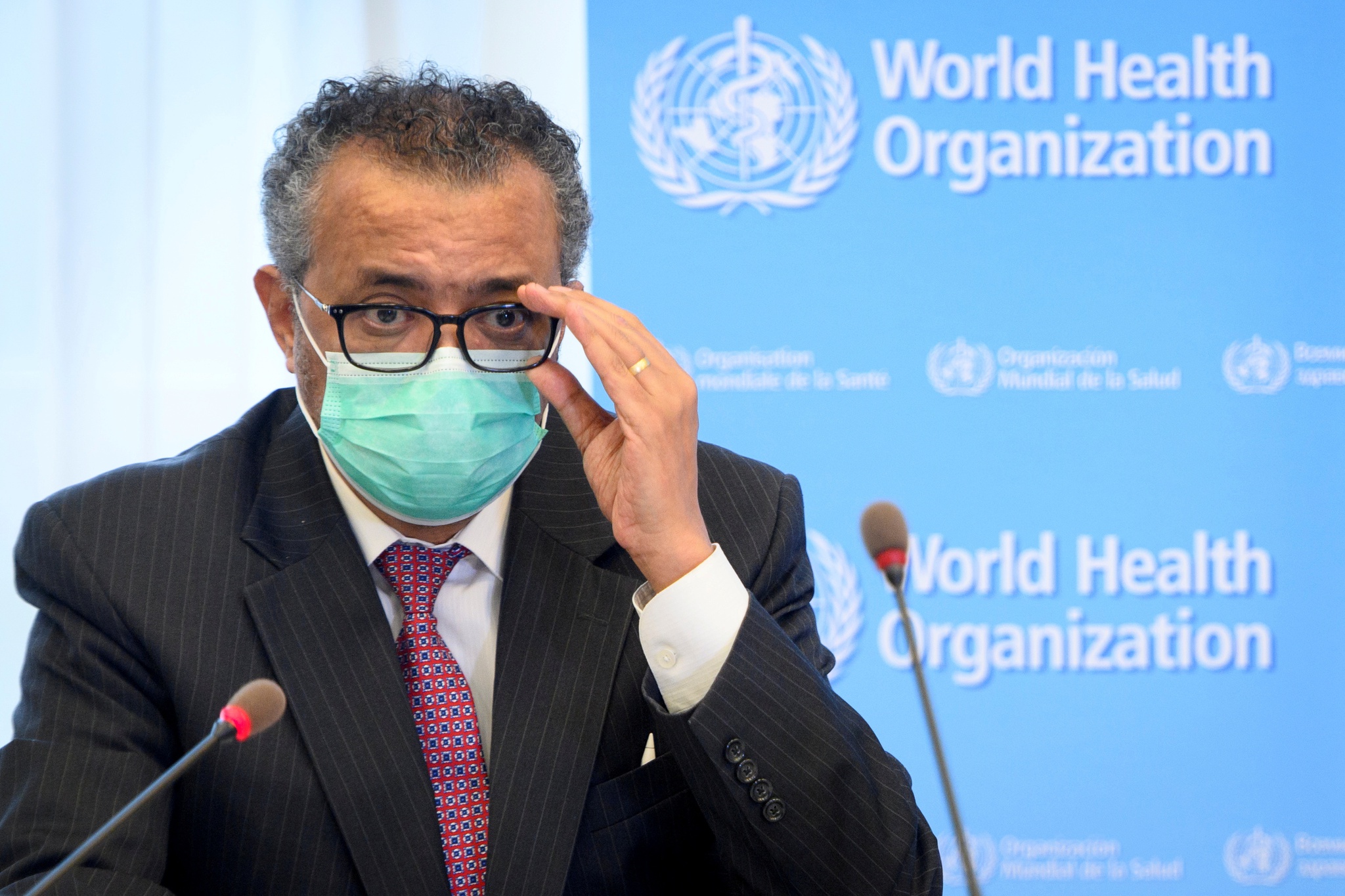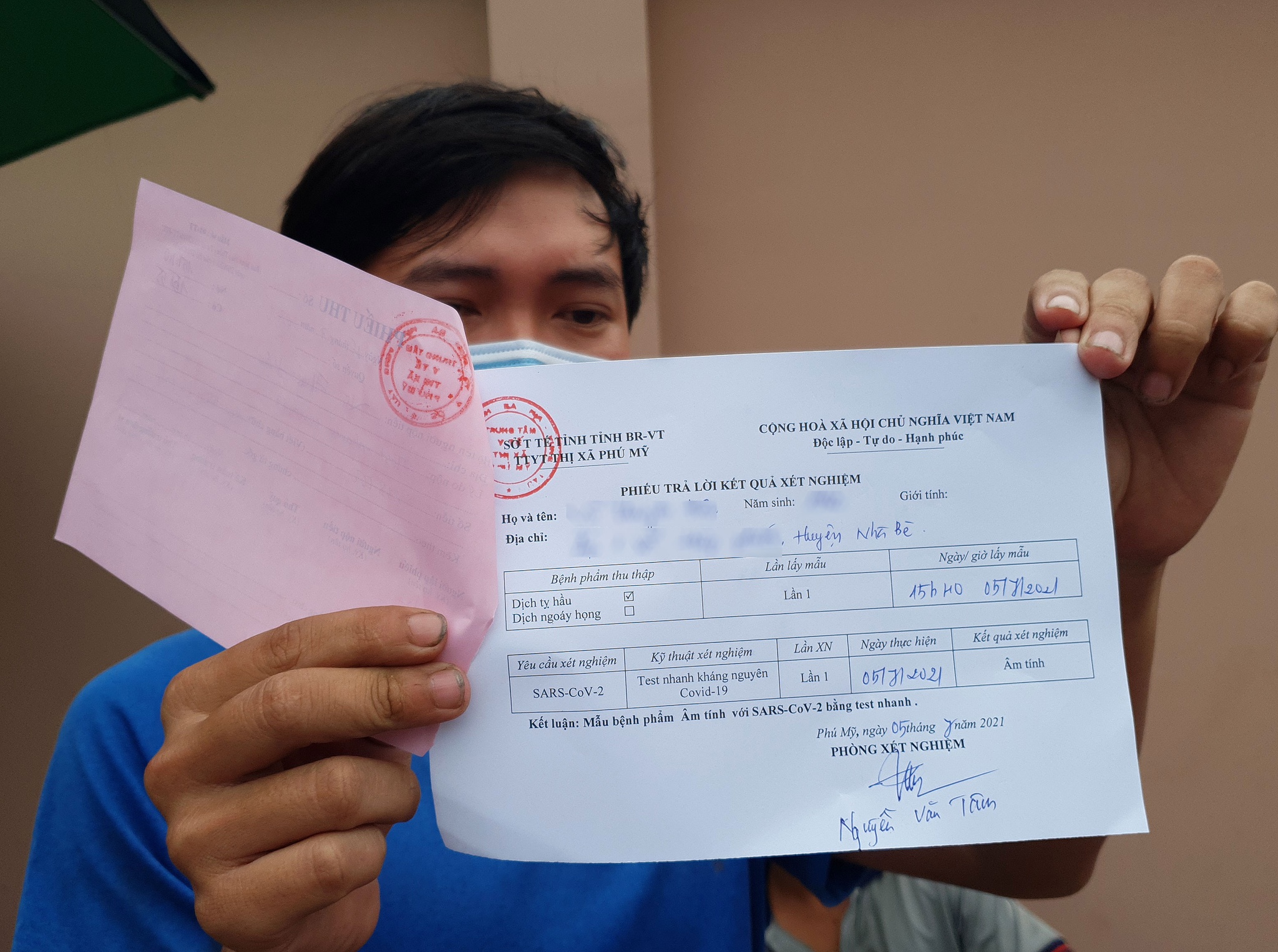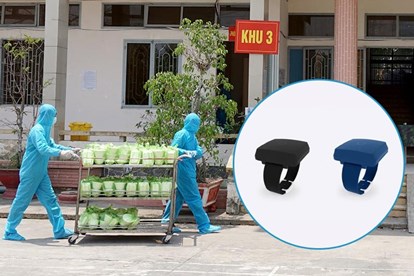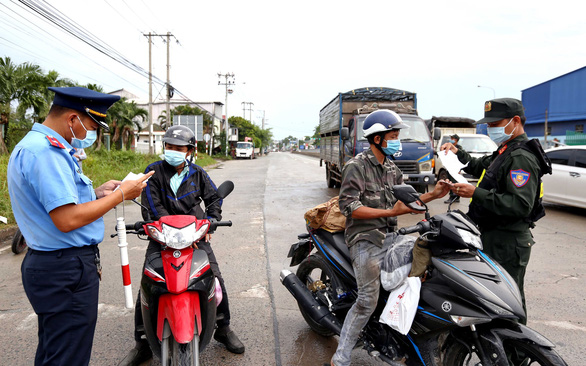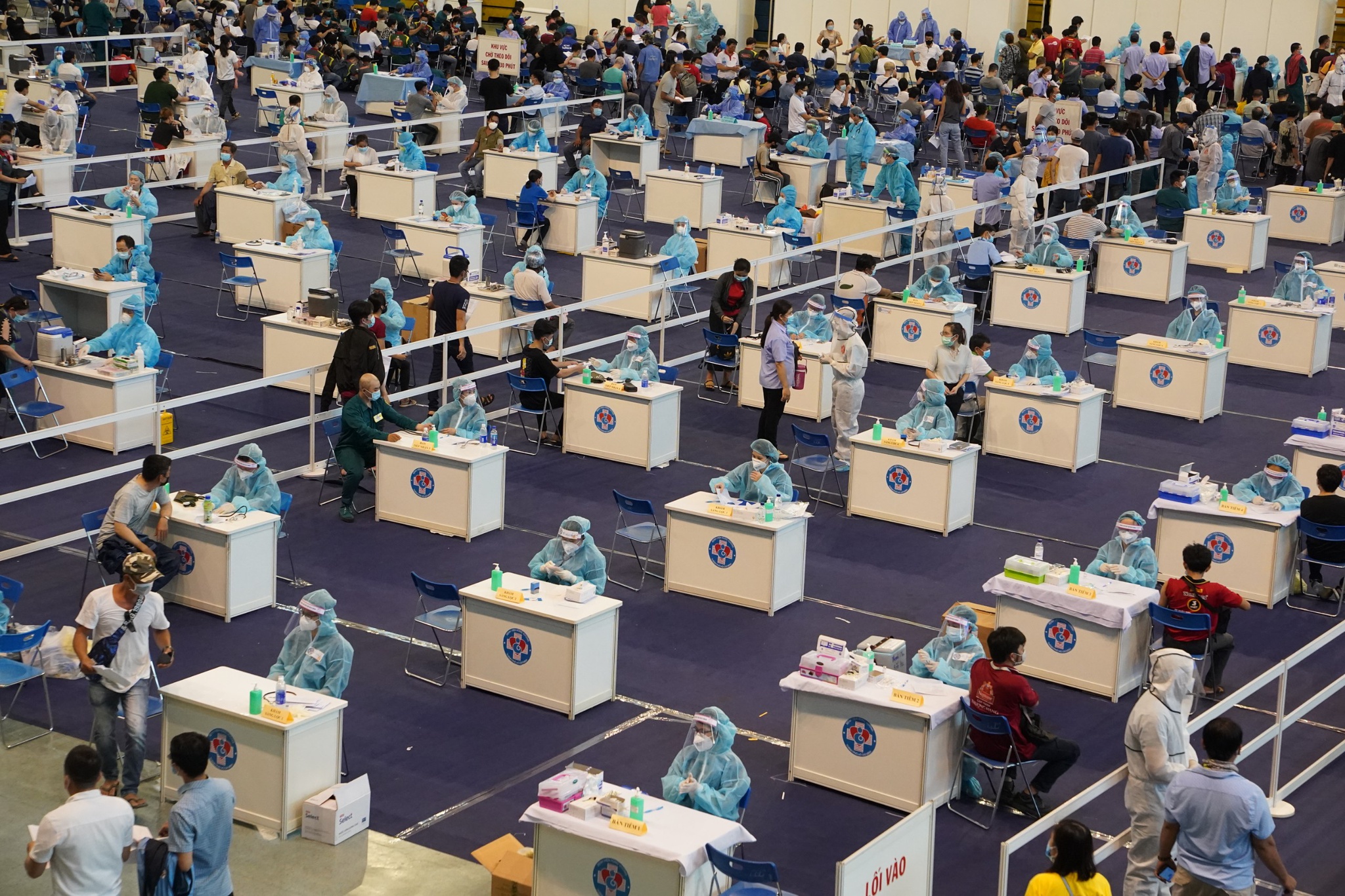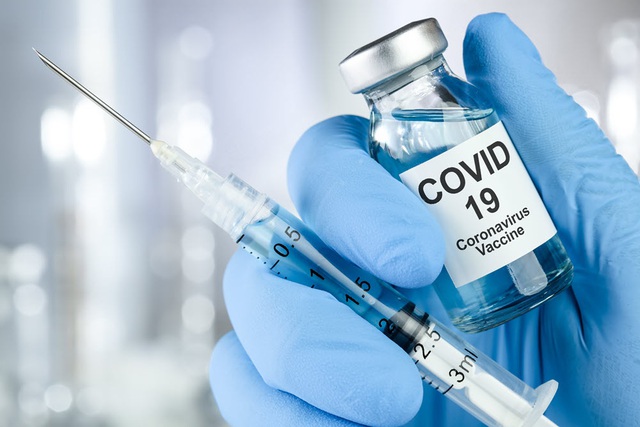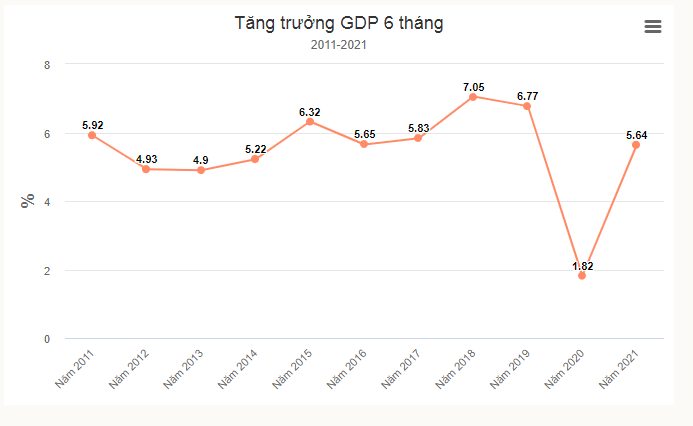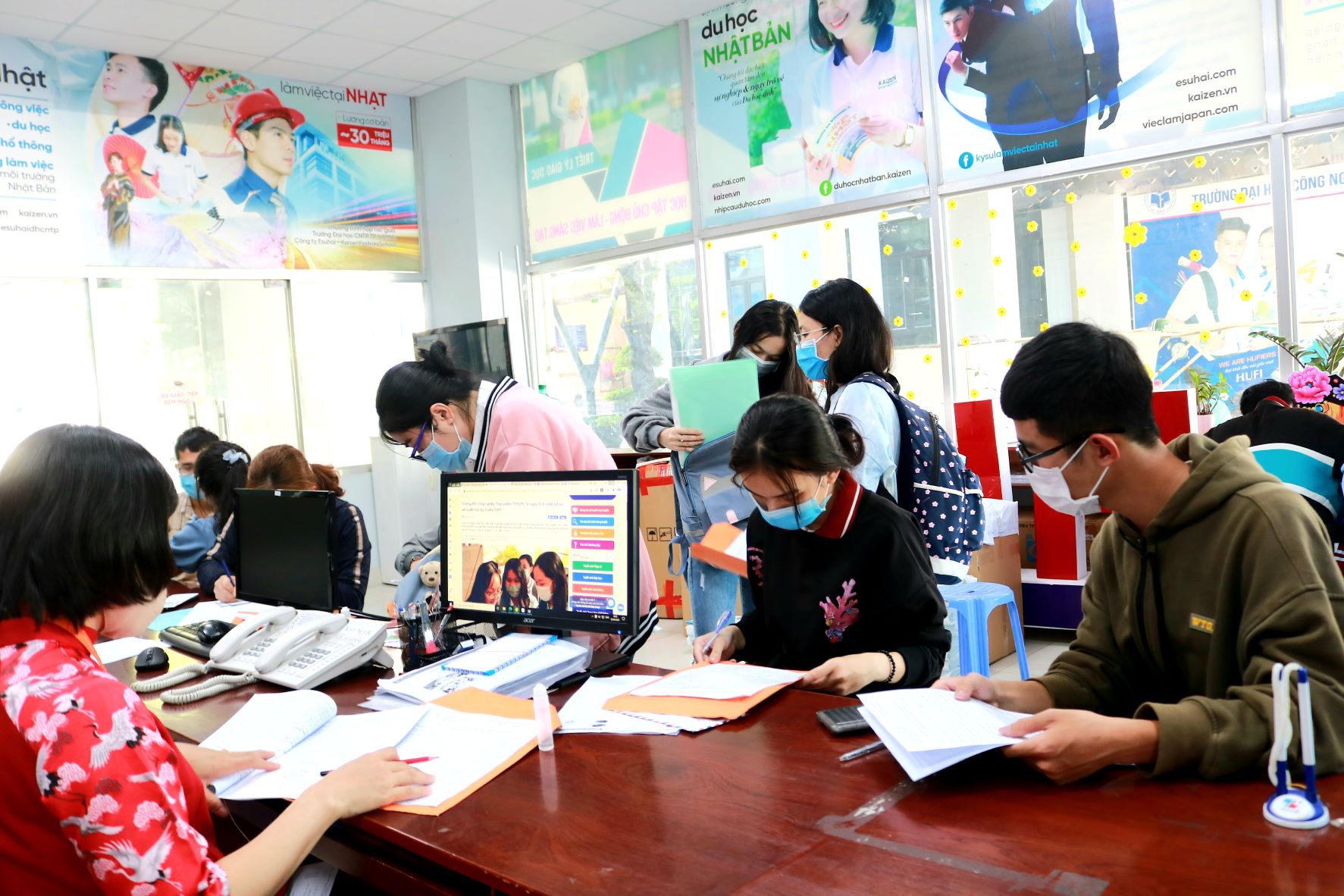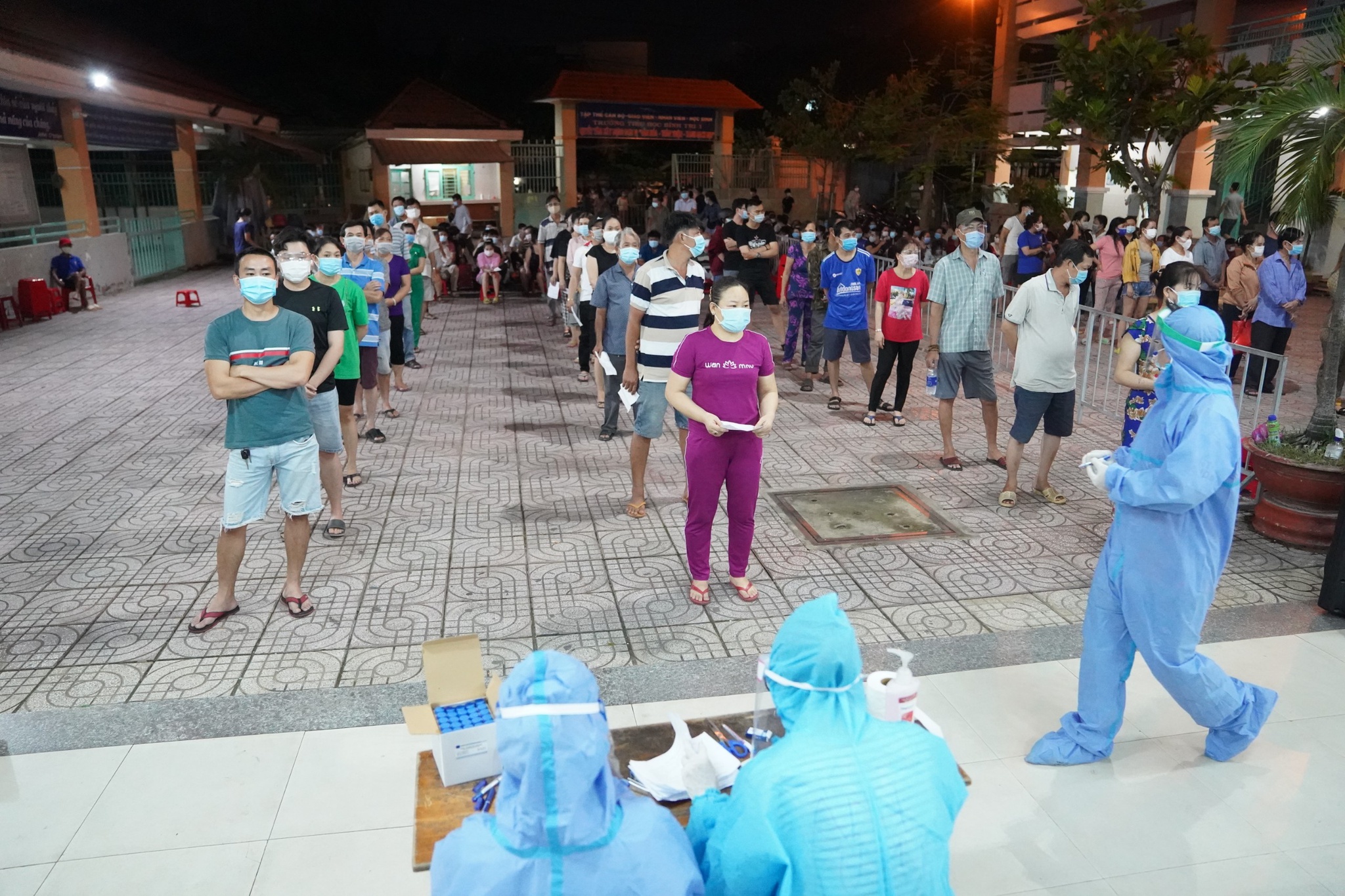THÔNG TIN SƯU TẦM

16 important do's and don'ts for getting your COVID-19 vaccine
Sarah Tew/CNET
Getting a COVID-19 vaccine appointment can be a tough process, depending on where you live. First you have to figure out exactly where to get the vaccine, then you have to hope you can secure a time slot. Despite that, the process is very much worth it.
Once you've scheduled your appointment, there are a few tips and tricks to make sure you get the best possible experience. If you're feeling a little nervous about the whole ordeal, that's normal. But don't worry. You'll do fine, especially if you keep these simple COVID-19 vaccine do's and don'ts in mind.
Do...
Plan for side effects
Mentally prepare yourself for the commonly reported side effects from the COVID-19 vaccine. Those include fatigue, soreness at the injection site, headache, muscle pain, fever, chills and nausea. Don't preemptively take pain medications in an attempt to deal with such symptoms (more on that later).
Accept whichever vaccine is available
Avoid "vaccine shopping" and take whichever vaccine you are offered. You may have a preconceived notion that one vaccine is superior to the others, but in truth, all three are helping us put an end to this pandemic.
Wear a mask or face covering
Your vaccine provider will likely require you to wear a mask, but wear one even if they don't. Masks are still proven to slow the spread of COVID-19 viral particles, and you'll be in relatively close quarters with strangers -- and you're not vaccinated yet.
It's still important to wear a mask in public.
Sarah Tew/CNET
Schedule your second shot, if needed
If you received the Moderna or Pfizer vaccine, you'll need to schedule a second injection. Do this while you're still at the clinic if you can, so you don't miss the window for maximum efficacy. Those who get the Johnson & Johnson vaccine do not need a second shot.
Wait in the clinic for 15 minutes
Most vaccine providers will require you to hang around for 15 minutes after getting vaccinated to watch for any immediate and severe side effects. Even if you feel fine, wait just in case.
Check with your doctor beforehand about health conditions and medications
If you have any existing health issues or take prescription medications, ask your doctor if it's safe for you to get the vaccine. Allergies, autoimmune conditions and medications that suppress your immune system can make it unsafe for you to get the COVID-19 vaccine.
Wear a short-sleeve shirt to make it easier
The shot goes in your shoulder, so wear a loose, short-sleeve shirt to make it easy on the provider and comfortable for you.
Reschedule if you have known exposure or symptoms
If you're due to get the vaccine but start showing symptoms or are notified that you've been exposed to someone who tested positive for COVID-19, follow the current CDC guidelines for quarantine and self-isolation. Reschedule your appointment for sometime after you satisfy those CDC guidelines.
Log your vaccination with the new CDC tool
Get set up with V-safe, the CDC's "after vaccination health checker" tool. Sign up online and log the day and time of your vaccine, as well as the type of vaccine you got. The tool will also ask for your name, age, biological sex and some other basic information.
Once you're set up, you can report any side effects you experience after getting the vaccine. Someone from the CDC may contact you if they think your report requires follow-up (such as in the case of severe symptoms).
V-safe asks how you're feeling after vaccination.Screenshots from CDC.gov
Don't…
Post a selfie with your vaccine card
We're glad you're proud of your COVID-19 vaccine, but showing off your vaccine card could be an invitation for scammers. Because the record cards have personal information such as your full name, birth date, and the location where you received your vaccine, posting a photo makes you vulnerable to identity theft.
That's not all: Some experts think scammers may copy COVID-19 vaccine cards to pretend that they're vaccinated. This trend will only increase if public places and transportation modes start requiring people to show some sort of proof of vaccination (like Israel's green pass).
Lose or throw away your vaccine card
If you need a second shot, you'll have to show your provider the timestamp on your vaccine card -- so that's one reason to keep it handy. Additionally, public places and transportation (including airlines) may start requiring some form COVID-19 vaccine documentation for safety.
Don't post photos of your vaccine record card on social media.Chris Steer/Getty Images
Get other vaccines at the same time
The CDC recommends waiting at least 14 days after receiving your COVID-19 vaccine to get any different vaccine. If you're due for a routine vaccination right now, wait 14 days between that vaccine and your COVID-19 vaccine. These recommendations are in place because there isn't enough information to know how the COVID-19 vaccine might interact with other vaccinations.
Flake out on your appointment
Missing your appointment could result in a wasted dose of the vaccine. Once the syringes are thawed, they must be used the same day or thrown away.
Take OTC pain meds before your appointment
The CDC cautions against taking medications such as ibuprofen, aspirin and acetaminophen before getting vaccinated. Public health officials don't know how these drugs interact with the COVID-19 vaccine, and there's a chance they could make your dose less effective. To be safe, wait until after the vaccination or until you experience uncomfortable symptoms.
Taking OTC medications may interfere with your vaccine.Getty Images
Toss your mask and stop social distancing afterward
You're not considered fully vaccinated against COVID-19 until 14 days after your final dose of the vaccine. So if you've only received your first dose of the Moderna or Pfizer vaccine, or it hasn't been two weeks since your second dose (or only dose if you got the Johnson & Johnson vaccine), you still need to follow basic COVID-19 prevention guidelines. Even after that time, you should continue to wear a mask until the CDC and WHO deem that it's OK to stop using them.
Hesitate to report side effects
If you experience symptoms after your vaccine, report them on V-safe, no matter how minor you think they are. This information helps the CDC track side effects and monitor severe adverse events. It also helps with future vaccine development.
Source: cnet.com
Collected by My Nguyen
Tổng giám đốc WHO: Chưa thể loại trừ khả năng Covid-19 rò rỉ...
Người đứng đầu Tổ chức Y tế Thế giới (WHO) ngày 15.7 cho biết vẫn còn quá...
Một tuần đi qua
Vậy là đã qua được một tuần cách ly toàn TP.HCM theo chỉ thị 16
Khổ vì giấy xét nghiệm Covid-19
Ngày 5.7, tại cuộc họp trực tuyến của Ban Chỉ đạo quốc gia phòng, chống...
TP.HCM đề xuất giám sát người cách ly tại nhà bằng thiết bị...
Sở Thông tin và truyền thông TP.HCM vừa có văn bản đề xuất UBND TP.HCM về...
Không 'đóng cửa' nhưng sẽ kiểm soát chặt chẽ người ra vào...
TP.HCM không đóng cửa hay phong tỏa nhưng sẽ kiểm soát chặt chẽ người ra vào...
TP.HCM: Chiến dịch tiêm 836.000 liều vắc xin Covid-19 kết thúc hôm...
Tính đến hết ngày 29.6, TP.HCM đã tiêm trên 805.000 liều vắc xin Covid-19 trong...
Tại sao 'gánh' dịch, kinh tế vẫn tăng trưởng gấp ba cùng kỳ
Con số GDP 6 tháng tăng 5,64% khiến giới phân tích bất ngờ bởi 2 quý vừa qua,...
Đề nghị Astra Zeneca chuyển cho Việt Nam 10 triệu liều vaccine
Lãnh đạo Chính phủ đề nghị Công ty AstraZeneca tạo mọi điều kiện thuận...
Dịch Covid-19 lan mạnh: Không thi mà xét tốt nghiệp, trường ĐH...
Trước những mong muốn của thí sinh, phụ huynh tổ chức xét tốt nghiệp thay vì...
Dịch vẫn lan nhanh, TP.HCM cần thêm 'thuốc mới'?
Số ca nhiễm tại TP.HCM vẫn tăng lên, ở mức 3 con số mỗi ngày, dù đa số ở...
Trưởng đại diện WHO tại Việt Nam: Người dân TP.HCM hãy tuân...
Theo TS Kidong Park, vai trò của vắc xin trong việc kiểm soát ổ dịch cấp tính còn...
344567942350826358571066.jpg&w=1400&h=520)
522608805487.jpg&w=1400&h=520)
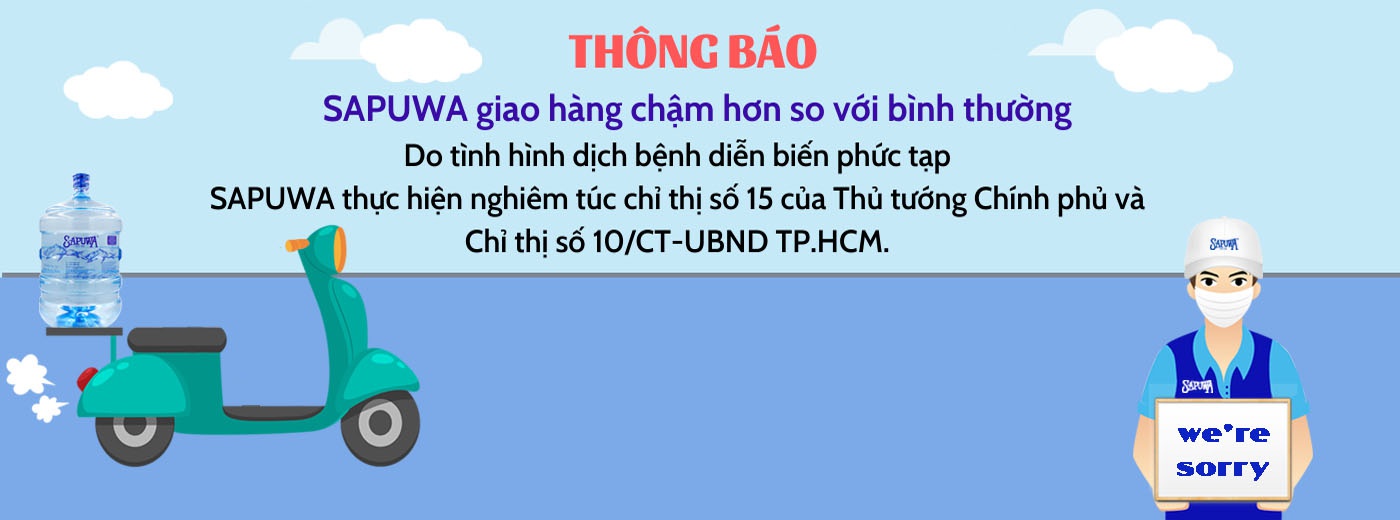

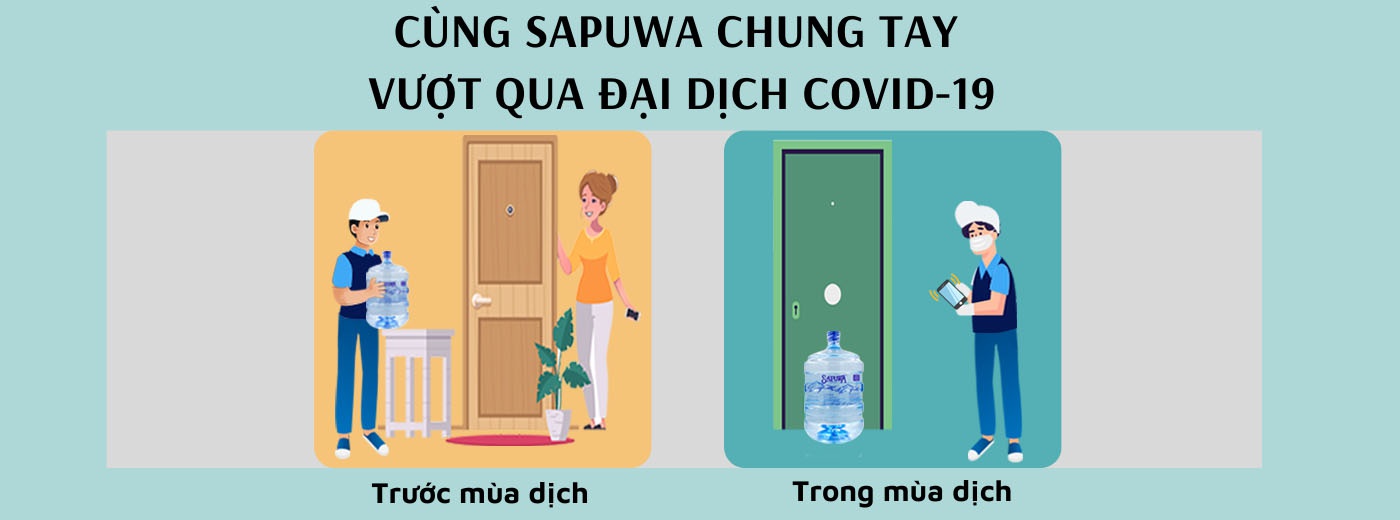
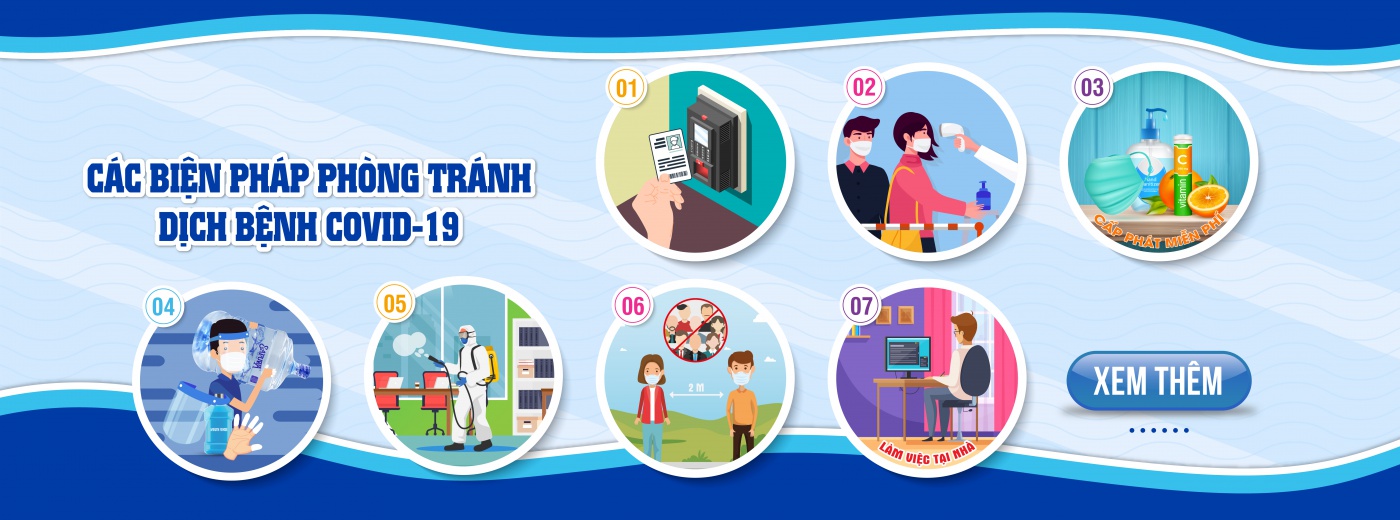
.PNG)
.PNG)
.PNG)
.PNG)
.PNG)
